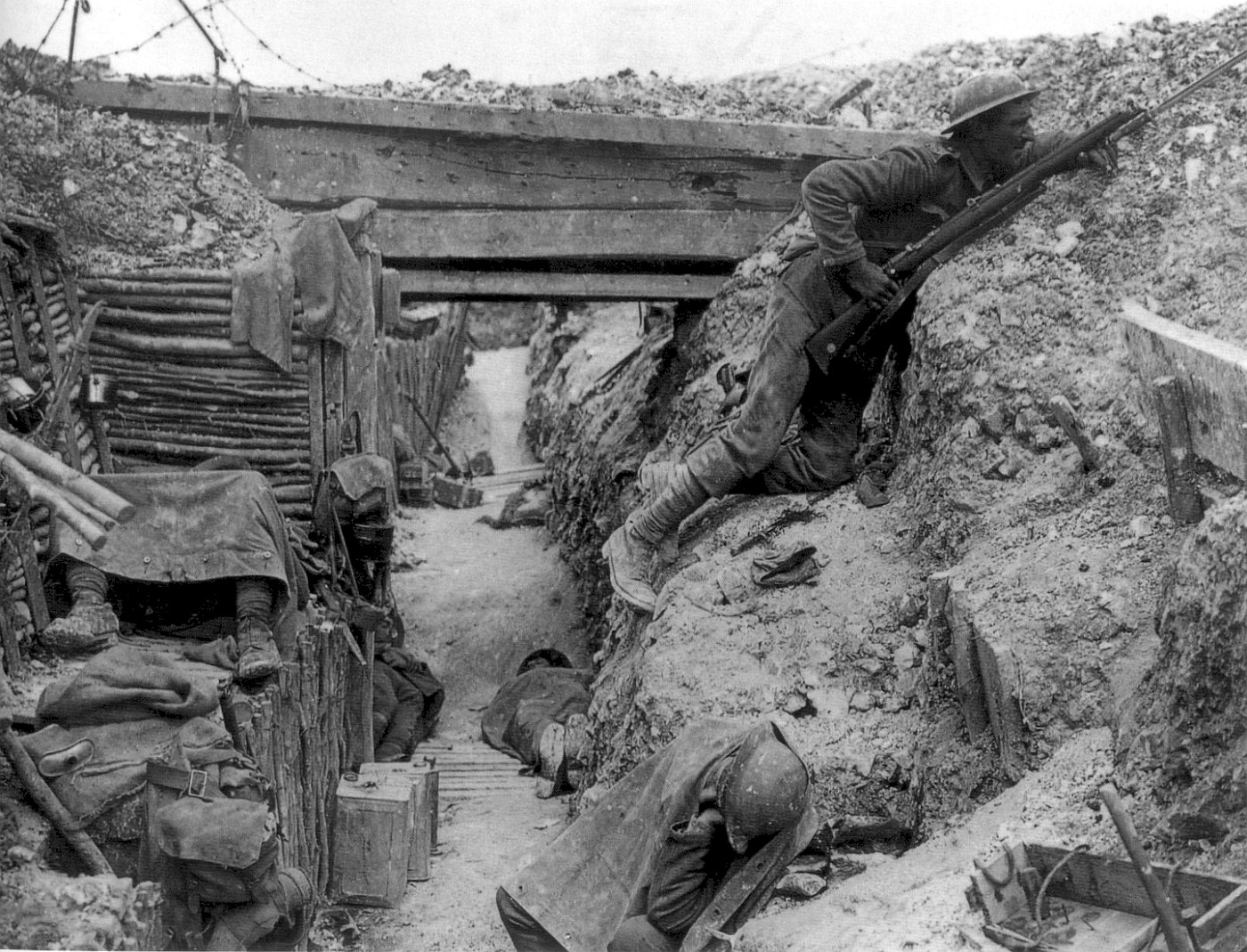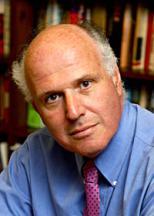
Prima guerra mondiale (Wikipedia)
A century ago, the Great War swept Europe taking 10 million men and leaving 25 million wounded. Historian Jay M. Winter looks back on our century of violence
As the centenary of the outbreak of the first world war is approaching, many observers are reporting the risk it could lead to a revival of nationalist sentiments, not only in the Balkans but throughout Europe. Do you consider it a real risk?
There is no risk of a nationalist revival, since the commemorative moment is one of mourning and not of celebration. The transnational character of commemorative events and gestures signals the widespread recognition that the war of 1914-18 was a collective disaster, making the word ‘celebration’ impossible to use, since the war still has a taste as of ashes to it. That is entirely appropriate since celebrating an event in which 10 million men died and 25 million were wounded is absurd.
The public debate on the centenary immediately brought discussions over which country is to be blamed for the outbreak of the conflict (Germany, Serbia, etc.). In the Balkan area it led to a tense dispute over the figure of Gavrilo Princip, considered either as a hero or a terrorist. how do you interpret the centrality of this issue?
It is hardly surprising that in an age obsessed with terrorism that the activities of the Serbian terrorist group the black hand should now be seen as of central importance in the outbreak of war, and that Serbian government culpability in this kind of violence should be given greater emphasis than ever before. My own view is that this is both true and not decisive in interpreting the various levels of responsibility for the war. I still believe that the war was planned in Vienna and Berlin, and that the conflict in the Balkans was never meant to trigger a pan-European or global war. The responsibility for the failure to defend the peace must be shared, but Germany and Austria-Hungary must bear the greatest share of the blame.
In June all eyes will be on Sarajevo. Is it time for a reintegration of the war experience of Eastern European countries in the European “collective memory”, twenty-five years after the fall of the Berlin wall?
The screen memory of the second world war still occludes the first world war in historical thinking in Eastern Europe. in addition, there is still an active religious tradition referring to the victims of the second world war as martyrs, and as such, they take centre stage in public discussions of war. This is as true in Poland as it is in Russian and the Ukraine, and will block the integration of eastern European approaches to the 1914-18 war with those in the West.
Until recently, official EU politics of memory excluded the great war, focusing mainly on the totalitarian experiences of the twentieth century. What are the reasons in your opinion for this delay?
The centrality of Germany in the EU accounts for the focus on the Second world war in both public and academic discussions of Twentieth-century history. And now that the former Warsaw pact nations are in the EU, their sense of the 1914-18 war adds to the general indifference to the conflict which made Auschwitz possible.
How do historians approach first world war today? Do new transnational academic researches provide tools to counter nationalist interpretations in the public debate?
As editor of the new three-volume Cambridge History of the First World War, I can confirm that trans-national historians have moved away from seeing the war either as essentially a Franco-German conflict or as an Anglo-German conflict. This focus on Europe has also been replaced by a global perspective, bringing out the imperial character of the war and the profound significance of the conflict for the evolution of Africa, Asia, the Middle East and Latin America.
Today there are no more living witnesses of the great war. What does this imply in our relationship with that past?
The death of the last combatants has not affected the significance of the great war in family history. the story of the war has been imbedded in family narratives, so that grandchildren and great-grandchildren now carry on the tradition of pilgrimage from Scotland to Sydney, and from Ypres to Gallipoli.
What should be the meaning of the centenary commemorations in Europe? Are there issues that you think today deserve special attention and a wider collective reflection?
Commemoration must focus on the lost generation, the loss of 10 million men and the mutilation of millions more. It must also link the failed peace with the eruption of violence in the 1930s in China, Ethiopia, Spain, and Poland. To appreciate the significance of the integration of Europe, we must go back to the disintegration of Europe in 1914, when our century of violence, a period in which we still live, was launched.







 To Top
To Top